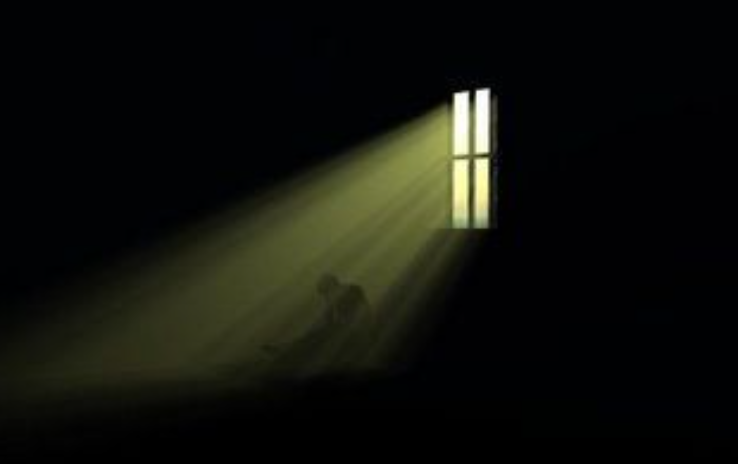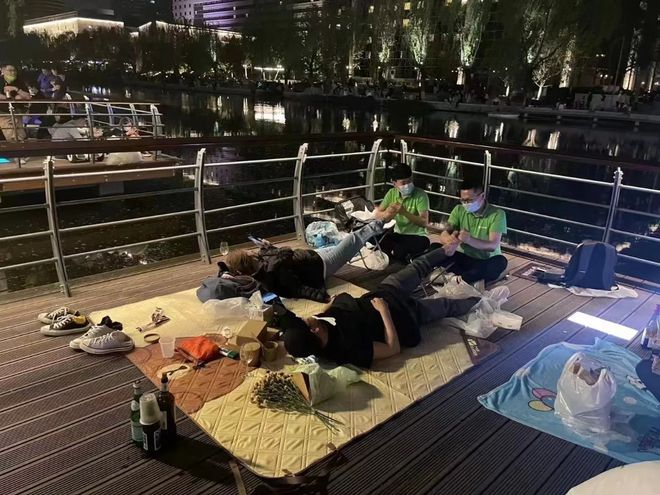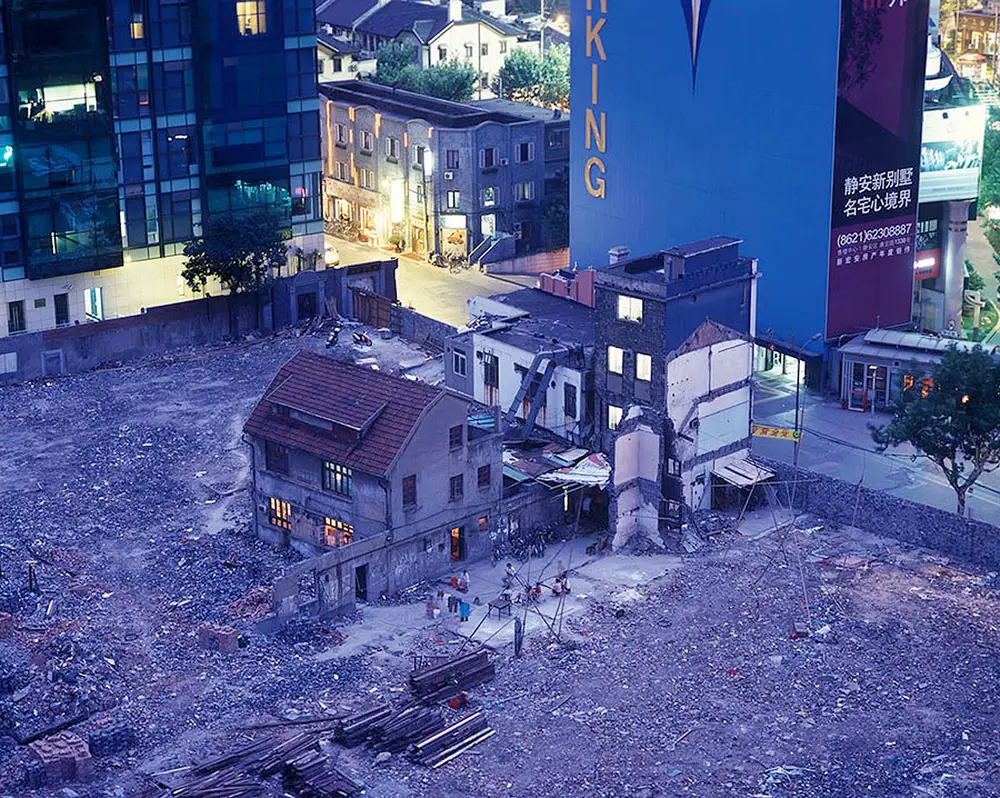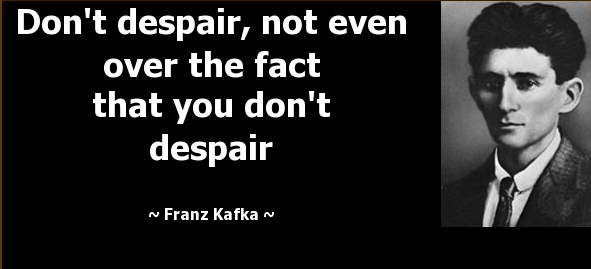
Those who died before the epidemic are happy

This was an idea that suddenly popped into my mind when I was walking downstairs. Stop and think, why am I thinking this way? It may be that I read in a book many years ago that someone lamented that only those who lived before 1789 knew what happiness was, and after that, that tranquility and stability had been destroyed by the wind and rain.
Of course, I know that looking back can’t help but beautify. It’s a memory constructed to comfort my current self, but it’s not true. It doesn’t make much sense to people who died before the epidemic, because their Knowing nothing about the coming tsunami—though we may now envy that ignorance.
In the severe cold of early 2018, my eldest uncle died in his sleep at the age of 73. He used to have a decent and happy family, but when he was middle-aged, his leg was amputated due to a car accident, and his wife died of a terminal illness. After this series of blows, he was completely bearish. In the last two decades of his life, he traveled to 47 countries in a wheelchair, which was something he wanted to do when he was young but was never able to do it - but at least he was still able to do it. Yes, if he lived another two years, he might find that even this last wish could not be fulfilled.
The epidemic has dropped an iron curtain in our lives, and the past is like a foreign country. Of course, looking back now, the peaceful (not to mention "prosperous") times back then looked fake too, and that wasn't the truth beneath the surface of our society, but if it carried over to the end of your life, it was a personal It's no different from the real thing.
A while ago, a friend teased: "Now the old and middle school have already missed 2019, and in a few years will miss 2022." When asked "what do I miss about 2022", he replied: "In 2019, many people asked the same question ."
"What do you miss" is irrelevant, because that nostalgia is inherently relative—you think it's bad enough, but it could be worse. Before losing it, who would have thought that even the usual meals, going out to work, and taking a walk outside the community are worth cherishing?

We're already losing, but what's even scarier is that we don't even know what and how much we're going to lose. I heard that during the May Day holiday, many Beijingers who had difficulty leaving the city gathered to camp and have picnics by the Liangma River. Some people said that there was a sense of doomsday in the air, because "the next second may be a city-wide ban. Another concrete life was shattered." Here's what people can do: enjoy the moment before the big swell, live the present, and leave the future for the next.
No one knows exactly what it means when the future shows a vague outline. The Soviet writer Amaliak once told a story: his aunt was predicted by a female teacher when she was a child that her life would be full of flowers, and she ended up in a miserable old age, making fake flowers to decorate hats for living - so the prophecy came true. Is it funny? It may be a true metaphor of our lives.
I found that no one around has the courage to talk about the future, or that there is only one theme when it comes to the future, and that is "how to live". As that Israeli joke said, "Of course I'm an optimist, I'm sure today is better than tomorrow."
The Chinese also lived through those times. In his memoir, Bao Ruowang mentioned James Qin, a top student at Cambridge University who was imprisoned for arguing that English textbooks should be used to teach English. He said: "This is a distorted world. , pessimists look forward, optimists look back.”
There is a saying in the West: "If you think long-term, you must be pessimistic." But now there are both positive and negative situations: the future is uncertain, and the present is the best; at the same time, just look at the present and hear all kinds of noisy news every day. While roaring, I think it can bring a little peace in the long run - of course, I also know that even if it is only a period of pain, it may be longer than our life, so for many people, the lengthening lens perspective does not soothe the pain of the moment.
A friend said two days ago that even one of his classmates who "has a positive outlook on the whole" also said, "In the future, for example, nucleic acids, QR codes, and itinerary codes will become routine, and he can understand. As long as you let go, Life is back to normal and he can take anything."
But that is not a "return to normal", but the normalization and even the permanence of the state of emergency. If that is true (and it is likely to be true), it would mean that the normal life we used to live in is gone, and the culture we once lived in has declined. We have become its remnants.

In 1944, the 24-year-old Eileen Chang wrote a paragraph with her precociousness in the preface to the reprint of "Legend", which now seems like a premonition for the city of Shanghai and even this era: "The era is hasty, and it is already under destruction. , there is still greater destruction to come. One day our civilization, whether sublimated or glitzy, will become the past.”
Our lives are in ruins. "The light is going out all over Europe and we will never see it come on again in our lifetimes". For some people, the era of their own has come to an end, and the stage is becoming unfamiliar; for others, the original life is too dull, and new changes can be seen in the collapse; , probably did not notice any change, or did not notice the change in what sense it was.
Before the epidemic, we didn't even dare to imagine today's day, but now it's pervasive, and we can't figure out whether it's a dream or waking up, and keep pinching ourselves to remind ourselves: this is just a nightmare that's hard to wake up from, don't Forget the time when you are awake, but as time goes on, it becomes more and more difficult to be sure whether those normal days before were a dream.
One of the ironic takeaways is that this experience helped me understand Kafka more deeply, and we finally experienced such a special experience of modernity. The absurdity and alienation that his novels conveyed in the past were abstract to me, with only philosophical and aesthetic meanings, but now I find that they are actually realistic, and his words seem negative, but in fact is the most tenacious.
He said a tongue twister: "I can swim like other people, but my memory is better than others, but I can't forget that I can't swim before. Because I can't forget, being able to swim doesn't help me, in the end I still can't swim. can not swim."
It's an open face to see reality: he knows he's doomed, sees that all of this is illusory, and understands what's easier, but he's still not willing to deceive himself.
We cannot choose our own era, but we can try to understand it, although it is inherently incomprehensible. I also know that more people choose not to understand it, but to dissolve it, because for the absurd life, only a firm heart and a terrible sense of humor can be used.

In this era of noise and commotion, too many people feel that they are "overloaded with information" - they are already tired of grabbing food, they are no longer looking forward to the news of unblocking, and they are unable to move their emotions even after seeing those shocking events. . You find that when reality gets bad enough, the only way to do it is to laugh it off.
It's easy to slip into some kind of cynicism: don't bother me, I'll just have a good time and I don't want to hear bad news. In all fairness, this is also human nature, and at least it can greatly reduce people's emotional burden, rather than being overwhelmed by it. These days, I have also advised some relatives and friends who have fallen into depression: "Don't think about things that are too big for us to control. already."
But we can't stop there. When our outer life gradually collapses and falls, it is even more necessary for us to retreat to rebuild our inner life. It's like Stoic philosophy: accept everything in the world with a dignified resignation, but reject it in your heart.
Isaiah Berlin once said that this belief sees the inner fortress of the mind as the only true freedom, thus always guaranteeing its own independence, because the inner life is not accessible by any external force, which is very difficult for people living in pain. The real man is especially attractive, but he doesn't waste the time to sneer at this as self-comfort: "What I can't have, I declare it to be worthless. … Political ineptitude means spiritual freedom, material A moral defeat means a moral victory."
The problem is that for the vast majority of people in this land, the innermost is the most likely direction of immigration—the so-called "inner immigrant." If we allow ourselves to be changed, that is the real failure.
In "She's from Mariupol," Lydia comes to a sad conclusion after the hardships of her life: she's become vulgar. She wrote that I had lost a lot of critical spirit, as well as delicate emotions. The system has triumphed.
Times are indeed changing, but we are not without choices - many people don't realize that even if they feel "no choice" and do nothing, it is actually a choice, just like abstention is a vote. If we allow our lives to be swayed by external forces, even if there is someone to blame, our lives are still destroyed.
A few days ago, a reader said that she was still very young and was often said to be naive. Many things were naturally accepted, but after being locked up in school for so long, she had to start to reflect:
I now feel that no matter what, I may have to find an anchor in my life, whether it is hobbies, worldly fireworks, or my own spiritual space. Things that have peace of mind may not be overwhelmed by the waves of the times.
She was right. We need to hold our breath, live well, and rebuild our lives from the rubble. It's certainly not easy, but this time, we may really have no choice.
Like my work?
Don't forget to support or like, so I know you are with me..
Comment…